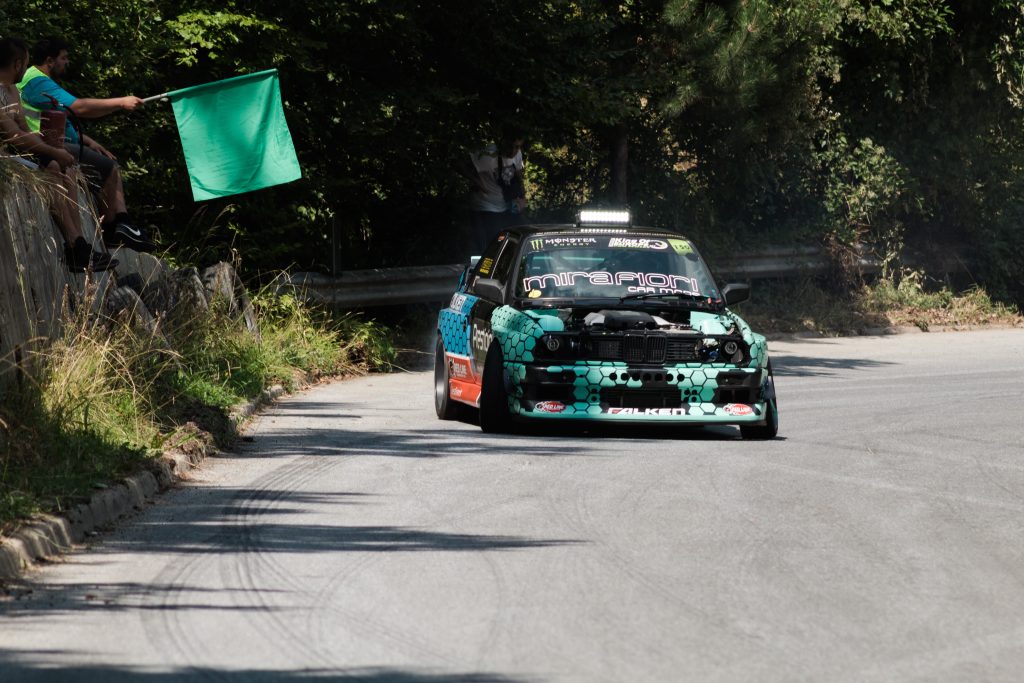
The Midnight Club, Drifting, Fast and the Furious, NASCAR, and booze.
Yes, booze. The staple ingredient to university life and the warm friend when life all goes south. This legal drug is weirdly responsible for arguably the most outlaw of sports– street racing.
Between the 1920s and 1930s, during the Prohibition era, a cult emerged of bootleggers, otherwise known as moonshine runners. They were the alcohol transporters, who drove like mad men to outrun the cops when smuggling alcohol.
Sounds like a blast if you ask me.
These moonshine runners would buy the latest and greatest cars of the era, modifying them to give them that extra bit of umph to outrun the police. This was the accidental birth of street racing, and believe it or not, would later evolve into one of America’s most popular spectator sports: NASCAR.
Skip forward a century and you find that street racing is very much alive and thriving. It’s gone through many phases, from the big muscle cars of the 60s to Japanese Imports of the 90s and early 00s. Nowadays it’s a mix of everything.
So why is street racing relevant? Street racing has been reported to have increased during the pandemic, which seems logically due to the lack of use of streets and highways. But why risk your life on the highway when you can drive on the racetrack? After all, street racing is the grandfather of NASCAR.
Money; no ifs and buts. You need money to race. Lots of money.
Motorsports is reserved for the wealthy and high-status. You can forget about entering the top tier of motorsports if you don’t have old money. Therefore, us normal petrolheads must turn to street racing. A way to enjoy our craving of racing but in a more affordable way, even if it means running into the police from time to time. And rightly so: street racing is very dangerous, not just for the drivers but the public too.
Street racers may seem reckless, but nobody wants to take a life.
The Midnight Club was the world’s most notorious street racers and represented the code of conduct proper street racers have. Composed of wealthy businessmen, they would race on the highways of Japan to see who could reach the highest top speeds. At the centre of racing was not to put the public in danger, so, in 1999 when a biker was killed due to racing, the club dismantled. These people are still proper racers, just not racing on a racetrack.
As much as people love to hate, street racing has a message to convey. Motorsports is too expensive, and it’s reserved for the wealthy. Plus, if anything, motorsports could learn a thing or two from street racers. Drifting was born on the streets, a skill that many drivers today use for car control and extreme driving. Plus, have you seen Fast and Furious? Now tell me that doesn’t look like fun.
The culture of motorsports is huge, and is an exciting spectacle for participants and spectators. But when you have such a high bar of entry, along with a huge audience of interest, not everyone will be able to live the life of a racing driver. Some choose to become gentleman racers or join cheaper rallycross racing in striped out hatchbacks. So for the few who have had enough of conforming to rules, tired of being restricted by their status and class, the roads of Egham Hill are waiting for them to dream up their racetrack.
I am not condoning that you go out and run from the police. But I would argue that the most interesting and socially defining moments happen at the edge of the law, when people look for the grey areas and read between the lines. The fine art might be more impressive, but the graffiti is what speaks to people. And in the end, the beauty of sports is that it pushes to be inclusive and accessible. For it to speak to people and provide pride.
The biggest changes need the boldest of actions and sometimes pushing the law provides the most interesting of culture. Culture, like street racing, might change the accessibility of motorsports, just like bootleggers contributed to legalising alcohol in the US.
Now I am sure every university student is grateful for it.
